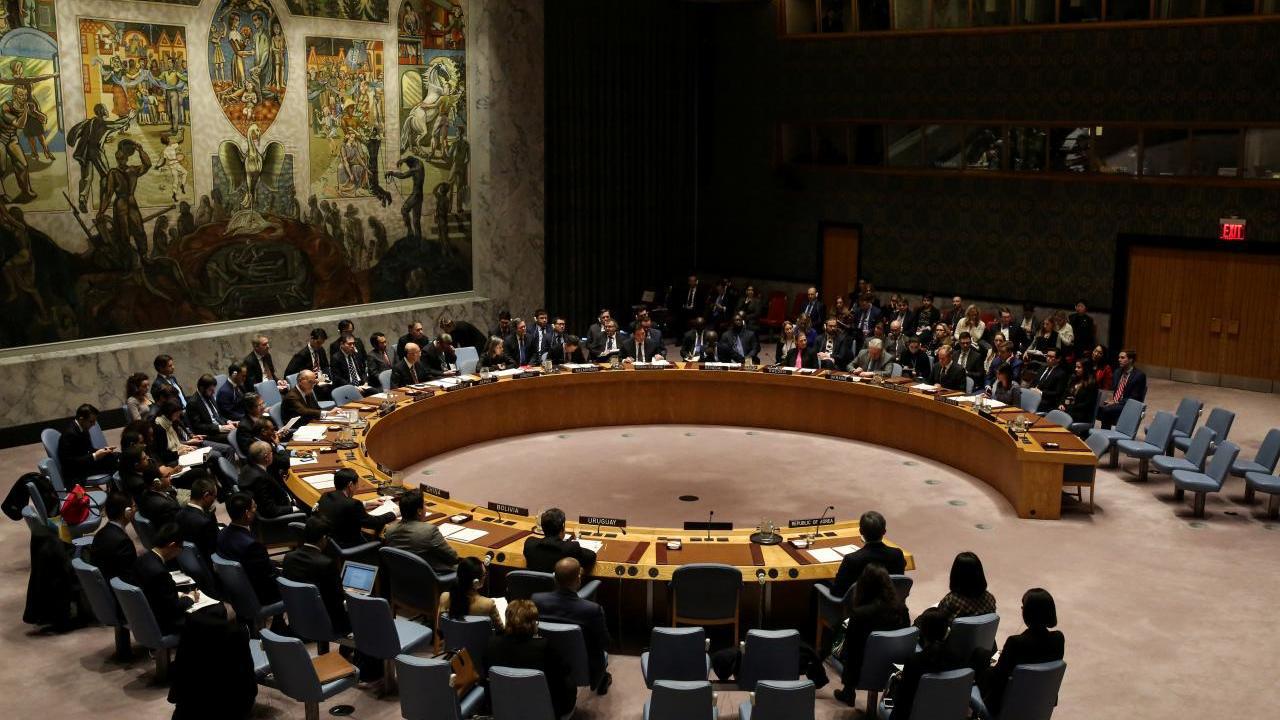The Report presents the latest developments in the political, security, human rights, socio-economic and humanitarian aspects in Guinea-Bissau is presented at a time when the Economic Community of West African States (ECOWAS) has sanctioned 19 Bissau-Guinean politicians involved in the political crisis.
For the environmental researcher and activist, Rui Jorge Semedo, sanctions are an instrument of pressure, but "are mainly aimed at influencing those punished in order to correct their political behavior,” in addition "can reinforce the action of ECOWAS in the face of the non-fulfillment of their political duties and social.”
In the SG’s Report, the human rights situation in the country has not gone unnoticed. This document reveals that the human rights situation remains unchanged due to financial constraints that prevent their respect, protection and compliance. The Report stresses the need for an independent National Human Rights Commission to be set up urgently, since the existing Human Rights Commission is under government supervision.
For the chairman of the Guinean Human Rights League, Augusto Mario da Silva, "the human rights situation has even worsened in the last three years because of the political instability that the country is experiencing,” and therefore “calls for the creation of an independent Human Rights Commission and shows the League's willingness to contribute to the process.”
Regarding the rule of law, the Report speaks of strengthening democratic institutions and strengthening the capacity of State organs, including law enforcement, criminal justice and prison systems, promotion and protection of human rights, combating drug trafficking and transnational organized crime, preparation for legislative and presidential elections in 2018-2019.
Regarding this area, Basílio Sanca, the President of the Bar of Guinea-Bissau, suggested a review of intervention strategies of the UN Integrated Peacebuilding Office in Guinea-Bissau: "the intervention of UNIOGBIS should be more integrated in the ministry, because many sometimes some law-enforcement programs are implemented by United Nations agencies without the knowledge of the Ministry. The ministry's technicians must have an effective intervention capacity in the programs, so only the State institution can appropriate the assistance that the institution gives the country. "
The Report also highlights the efforts of the Women's Mediators group in resolving the crisis and other activities for their empowerment.
In the economic and humanitarian chapter, the UN Secretary-General's Report mentions the 4th International Monetary Fund (IMF) Consultative Report for Guinea-Bissau in October, which indicated good prospects for macroeconomic stability, with annual growth between 5 and 6 percent.
The Special Representative of the UN Secretary-General for Guinea-Bissau, Mr. Modibo Toure will brief on the political situation in Guinea-Bissau and the work of UNIOGBIS through videoconference. Following the briefing a discussion will hold behind closed doors on the renewal of the mission mandate.






